On September 21, Dr. Nguyen Thanh Do, Department of Intensive Care - Anti-Poison, Lang Son General Hospital, said that in the past 10 days, the department has received 13 emergency cases due to venomous snake bites, of which 3 cases were bitten by green snakes, 10 cases were bitten by other types of snakes.
A 56-year-old female patient was admitted to the hospital after being bitten by a mountain viper on the ankle. The woman was walking around the house and stepped on the snake. The bite site quickly became swollen and painful.
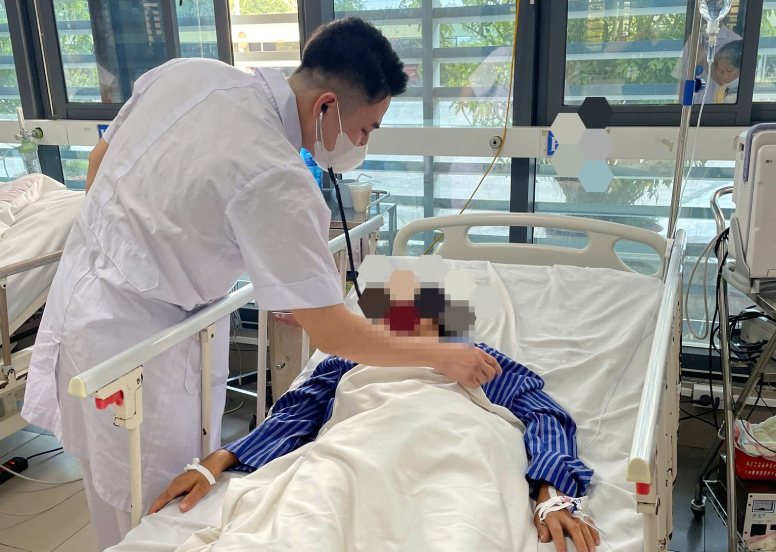
Female patient is being monitored at the hospital. Photo: BSCC.
At the hospital, doctors gave the patient a blood test, the results showed progressive blood clotting disorder. The patient's wound was cleaned, treated according to the protocol for viper bites, and is being treated and monitored.
In addition, two other patients who were bitten by mountain vipers also had symptoms of swelling and extremely dangerous blood clotting disorders.
Doctor Do is worried that his place of residence is an area where no cases of mountain viper bites have been recorded. This proves that the area where snakes appear is changing.
According to Dr. Do, during the rainy season, when water levels rise, snakes often move more to find new habitats or food sources such as gardens, houses, or flooded areas. In addition, heavy rains can also create a humid environment, ideal for the development of insects - the favorite food source of snakes. Therefore, the risk of snake bites, especially venomous snakes, is increasing during the rainy season.
To reduce the risk of snake bites, Dr. Do recommends that people:
- Clean the area around the house: Keep the area around the house clean and tidy. Be careful when cleaning up piles of trash, weeds, and construction materials that can be ideal hiding places for snakes.
- When moving through areas where snakes are likely to be present, such as gardens, fields, or uninspected areas, be cautious and use a flashlight at night to detect the presence of snakes early.
- When working outdoors or in high-risk areas, wear protective clothing such as rubber boots and long pants to reduce the chance of being bitten.
Source: https://giadinh.suckhoedoisong.vn/13-nguoi-cap-cuu-vi-ran-doc-can-co-loai-chua-tung-xuat-hien-o-dia-phuong-1722409220658435.htm










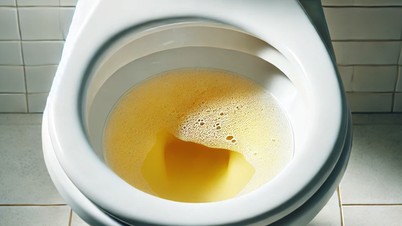















































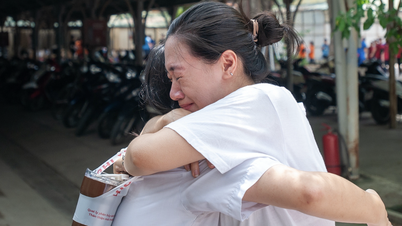



















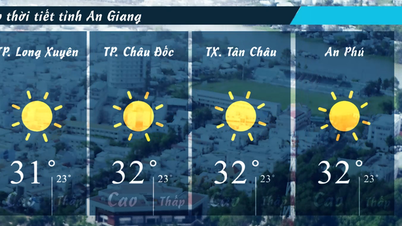











![[OCOP REVIEW] Tu Duyen Syrup - The essence of herbs from the mountains and forests of Nhu Thanh](https://vphoto.vietnam.vn/thumb/402x226/vietnam/resource/IMAGE/2025/6/5/58ca32fce4ec44039e444fbfae7e75ec)



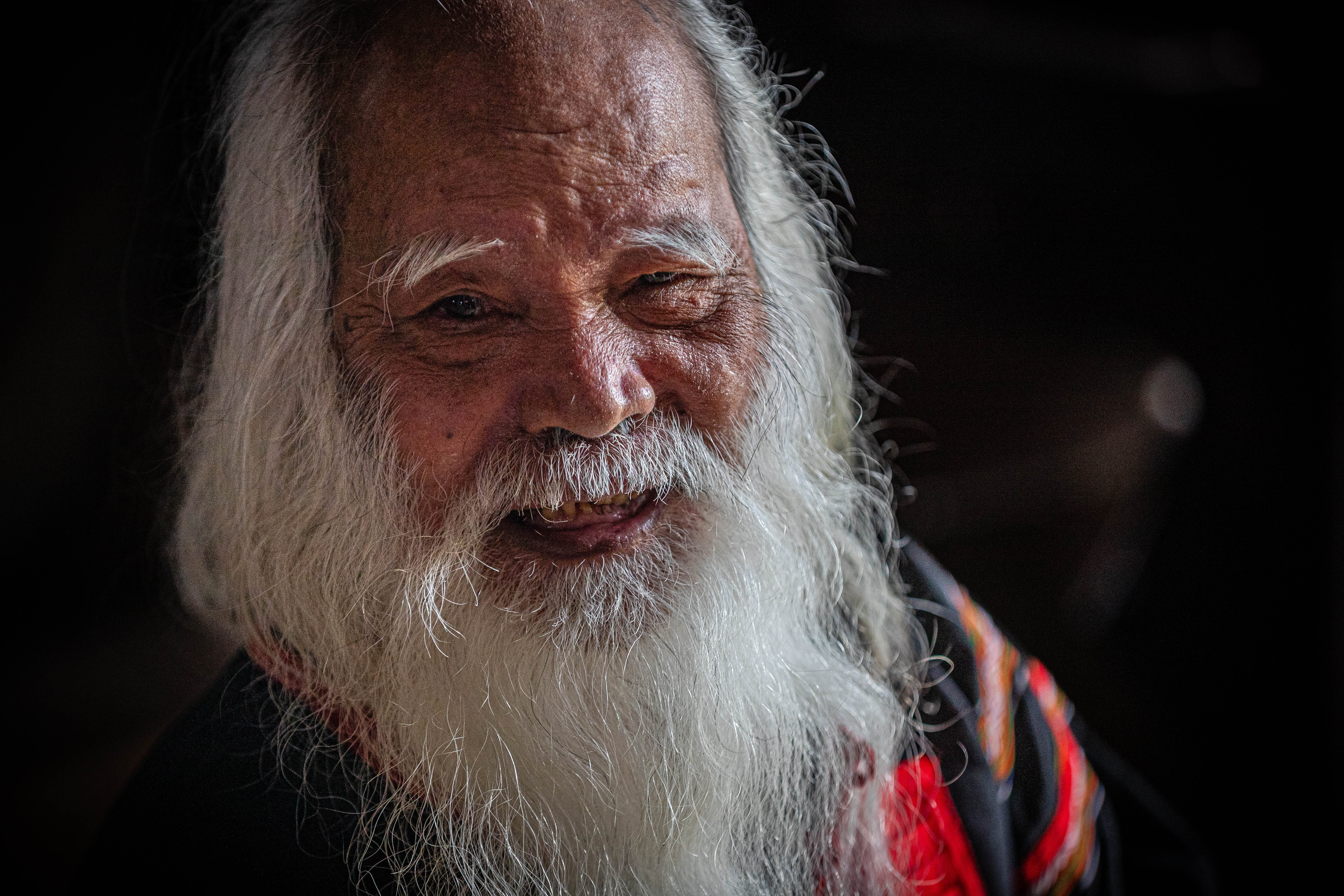



Comment (0)